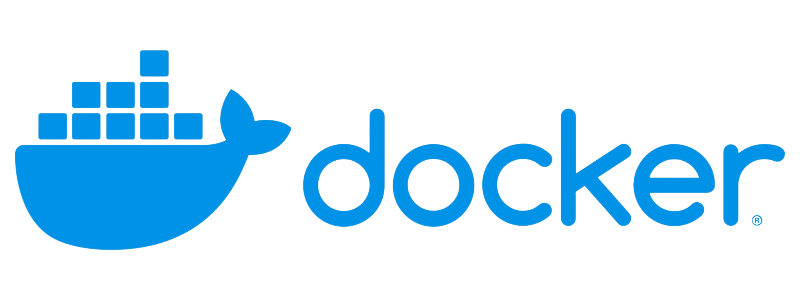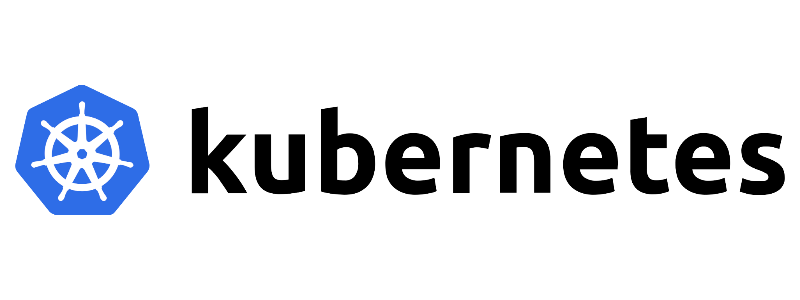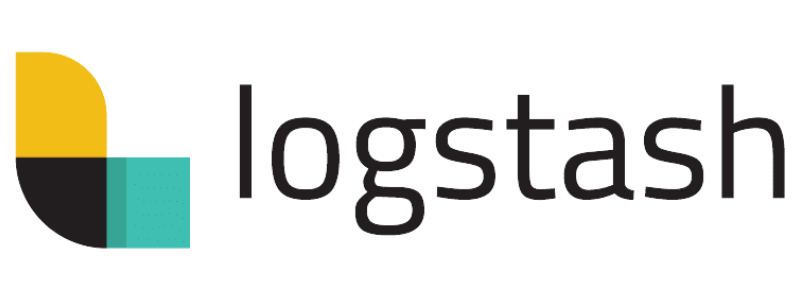Introduction
Docker & Kubernetes
Dive deep into the cutting-edge technologies of Docker and Kubernetes with this detailed training program. This course aims to equip you with essential skills in containerization and orchestration, enabling you to streamline software development and deployment processes. You will learn to create, deploy, and manage Docker containers and use Kubernetes to automate the deployment, scaling, and management of these containers. The training covers practical aspects such as setting up Kubernetes clusters, container networking, and security. Designed for software developers and system administrators, this course will empower you to deploy scalable applications efficiently in any environment.
Show your interest
Successful Graduates
Batches Completed
Expert Instructors
Industry Partnerships
Key Impact
Transforming Careers
Containerization Expertise
Gain hands-on experience in creating and managing Docker containers that encapsulate application environments.
Orchestration Skills
Learn how to use Kubernetes to automate and scale container deployments without sacrificing security.
Performance Optimization
Master techniques to ensure your containerized applications are optimized for performance and scalability.
DevOps Integration
Integrate containerization into DevOps processes to enhance continuous integration and continuous deployment (CI/CD) practices.
Our Alumni Work At

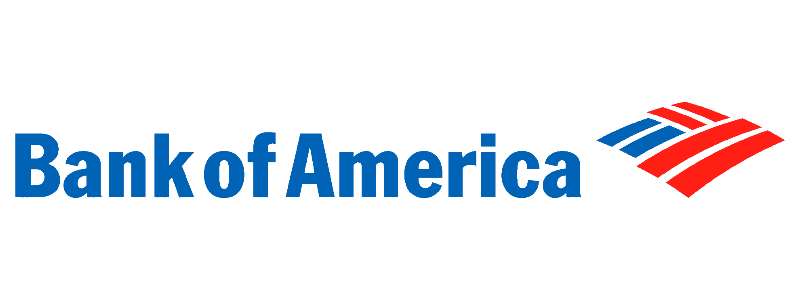

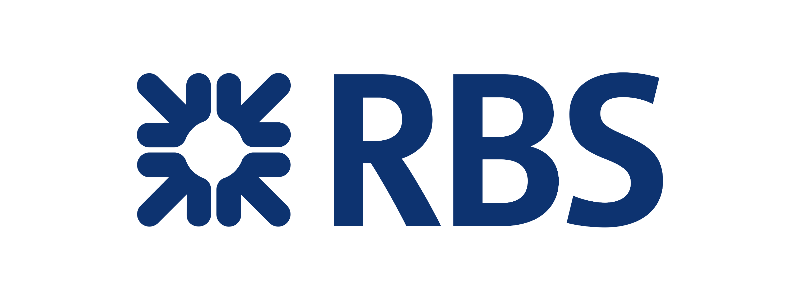



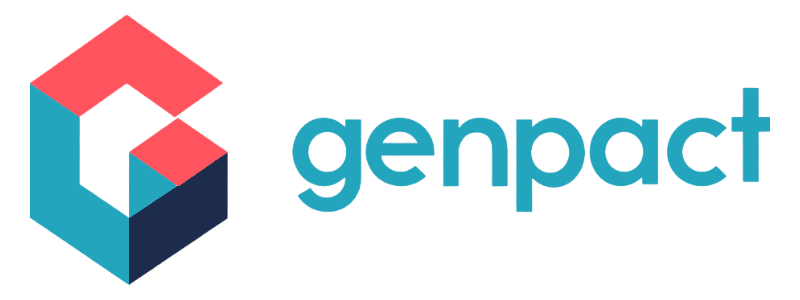
Students Testimonial

~ Saad Shaikh

~ Purva Mishra

~ Sagaj porwal

~ Shriharsh Gaikwad

~ Ganaram Chaudhary
Our Success Story

~ Saad Shaikh

~ Purva Mishra

~ Sajag porwal

~ Ganaram Chaudhary

~ Shriharsh Gaikwad
Course Breakdown
- Lesson 1: Overview of Docker
- Lesson 2: Installing Docker
- Lesson 3: Docker Architecture
- Lesson 4: Docker Images and Containers
- Lesson 5: Managing Docker Containers
- Lesson 6: Dockerfile and Building Images
- Lesson 7: Docker Compose
- Lesson 8: Networking in Docker
- Lesson 9: Docker Volumes
- Lesson 10: Docker Registry
- Lesson 1: Docker Swarm
- Lesson 2: Service Discovery and Load Balancing
- Lesson 3: Docker Secrets and Configs
- Lesson 4: Docker Stacks
- Lesson 5: Docker Networking Advanced
- Lesson 6: Monitoring Docker
- Lesson 7: Docker Logging
- Lesson 8: Security Best Practices
- Lesson 9: Performance Tuning
- Lesson 10: Troubleshooting Docker
- Lesson 1: Overview of Kubernetes
- Lesson 2: Installing Kubernetes
- Lesson 3: Kubernetes Architecture
- Lesson 4: Kubernetes Components
- Lesson 5: Pods, Deployments, and Services
- Lesson 6: ConfigMaps and Secrets
- Lesson 7: Namespaces
- Lesson 8: Ingress Controllers
- Lesson 9: Volumes and Persistent Storage
- Lesson 10: Kubernetes Dashboard
- Lesson 1: Managing Deployments
- Lesson 2: Scaling Applications
- Lesson 3: Rolling Updates and Rollbacks
- Lesson 4: Kubernetes ConfigMaps
- Lesson 5: Kubernetes Secrets
- Lesson 6: Resource Quotas and Limits
- Lesson 7: Pod Affinity and Anti-affinity
- Lesson 8: Taints and Tolerations
- Lesson 9: Scheduling and Node Selectors
- Lesson 10: Horizontal Pod Autoscaler
- Lesson 1: Cluster Networking
- Lesson 2: Service Networking
- Lesson 3: Network Policies
- Lesson 4: DNS in Kubernetes
- Lesson 5: Ingress Resources
- Lesson 6: Load Balancers
- Lesson 7: Service Mesh with Istio
- Lesson 8: Network Security
- Lesson 9: Troubleshooting Network Issues
- Lesson 10: Advanced Networking
- Lesson 1: Introduction to Monitoring
- Lesson 2: Prometheus for Monitoring
- Lesson 3: Grafana for Visualization
- Lesson 4: Logging with Fluentd and Elasticsearch
- Lesson 5: Centralized Logging
- Lesson 6: Monitoring Applications
- Lesson 7: Monitoring Infrastructure
- Lesson 8: Setting up Alerts
- Lesson 9: Analyzing Logs
- Lesson 10: Troubleshooting Monitoring Issues
- Lesson 1: Docker Security Best Practices
- Lesson 2: Kubernetes Security Best Practices
- Lesson 3: Role-Based Access Control (RBAC)
- Lesson 4: Network Policies for Security
- Lesson 5: Securing Secrets
- Lesson 6: Pod Security Policies
- Lesson 7: Image Security
- Lesson 8: Security Tools and Scanners
- Lesson 9: Compliance and Auditing
- Lesson 10: Incident Response and Recovery
- Lesson 1: Introduction to CI/CD
- Lesson 2: Jenkins for CI/CD
- Lesson 3: GitLab CI/CD
- Lesson 4: Integrating Docker with CI/CD
- Lesson 5: Kubernetes for Continuous Deployment
- Lesson 6: Setting up Pipelines
- Lesson 7: Automated Testing
- Lesson 8: Deploying to Kubernetes
- Lesson 9: Monitoring CI/CD Pipelines
- Lesson 10: Best Practices for CI/CD
- Lesson 1: Custom Resource Definitions (CRDs)
- Lesson 2: Operators in Kubernetes
- Lesson 3: Helm Charts for Application Management
- Lesson 4: StatefulSets
- Lesson 5: DaemonSets
- Lesson 6: Jobs and CronJobs
- Lesson 7: Kubernetes Federation
- Lesson 8: Kubernetes API and kubectl
- Lesson 9: Extending Kubernetes
- Lesson 10: Future Trends in Kubernetes
- Lesson 1: End-to-End Docker Project
- Lesson 2: End-to-End Kubernetes Project
- Lesson 3: Case Studies
- Lesson 4: Capstone Project
- Lesson 5: Project Planning and Execution
- Lesson 6: Implementing CI/CD in Real Projects
- Lesson 7: Deploying Real-World Applications
- Lesson 8: Monitoring and Managing Real Projects
- Lesson 9: Security Considerations in Real Projects
- Lesson 10: Troubleshooting Real-World Issues
- Lesson 1: Exam Overview
- Lesson 2: Study Resources and Materials
- Lesson 3: Practice Tests
- Lesson 4: Reviewing Answers and Explanations
- Lesson 5: Key Exam Topics
- Lesson 6: Time Management Strategies
- Lesson 7: Tips for Exam Day
- Lesson 8: Hands-On Practice
- Lesson 9: Final Review
- Lesson 10: Exam Day Preparation
Projects
Create Elastic Kubernetes Service (EKS) Cluster on AWS Using Terraform
The goal of this project is to use Terraform to automate the construction of an EKS cluster on Amazon Web Services. This will simplify the Kubernetes infrastructure provisioning process and offer a controlled and scalable environment for containerized application deployment.
Create Azure Kubernetes Service (AKS) Cluster on Azure Using Terraform
In this project, the deployment of an AKS cluster on Microsoft Azure will be coordinated through the use of Terraform. By streamlining the setup of a managed Kubernetes service, this automation enhances the administration of containerized apps.
Deploy PHP & Redis App on EKS Cluster
We will create a web application in this project that runs on PHP and has a Redis backend. It will be installed on an EKS cluster. With this method, containerized workloads can scale and remain resilient thanks to Kubernetes's strength.
Deploy HA SQL Server on AKS Cluster
Through the use of Kubernetes, we will guarantee high availability of SQL Server on an AKS cluster in this project. To improve performance and reliability, the main goal will be to orchestrate a robust SQL Server deployment.
CI/CD, Kubernetes, Google, CloudBuild
We will use CloudBuild in this project to create a Continuous Integration/Continuous Deployment (CI/CD) pipeline for Kubernetes applications on Google Cloud. Software delivery will be expedited by automating the build and deployment procedures.
ArgoCD (GitOps CD) to Deploy App to K8s Cluster
In this project, we'll use a GitOps continuous delivery mechanism called ArgoCD to automatically synchronize and launch apps into Kubernetes clusters. Version-controlled manifests are used to assure consistency and traceability.
Deploy App on AKS Cluster using Jenkins (CI/CD)
Jenkins is a CI/CD technology that we will use in this project to automate the build and deployment of apps on an AKS cluster. This method improves the software delivery lifecycle's dependability and efficiency.
Deploy an Employee Management Java App with Istio
The goal of this project is to use Istio and Kubernetes to deploy a Java-based personnel management system. Optimizing observability, traffic management, and security in the microservices architecture is the main goal of integrating service mesh capabilities.
Your Path to Success
Our alumni have gone on to achieve remarkable success in their careers, leveraging the skills and knowledge gained from our courses.
Join our community and become part of a network of professionals who are making an impact in the industry.

Master essential concepts with engaging videos, comprehensive reading materials, and interactive quizzes.
Enhance your portfolio by solving real-world problems, guided by industry experts to learn best practices.
Polish your resume and practice through mock interviews with our experts, preparing you to excel in job interviews.
Receive extensive support from our team to secure interviews and land positions at top companies.
Earn A Certification
Upon successful completion, you’ll receive a certification that validates your expertise and boosts your career prospects. Join us and take the next step towards achieving your professional goals.
-
Earn Your
Certificate -
Share Your
Achievement
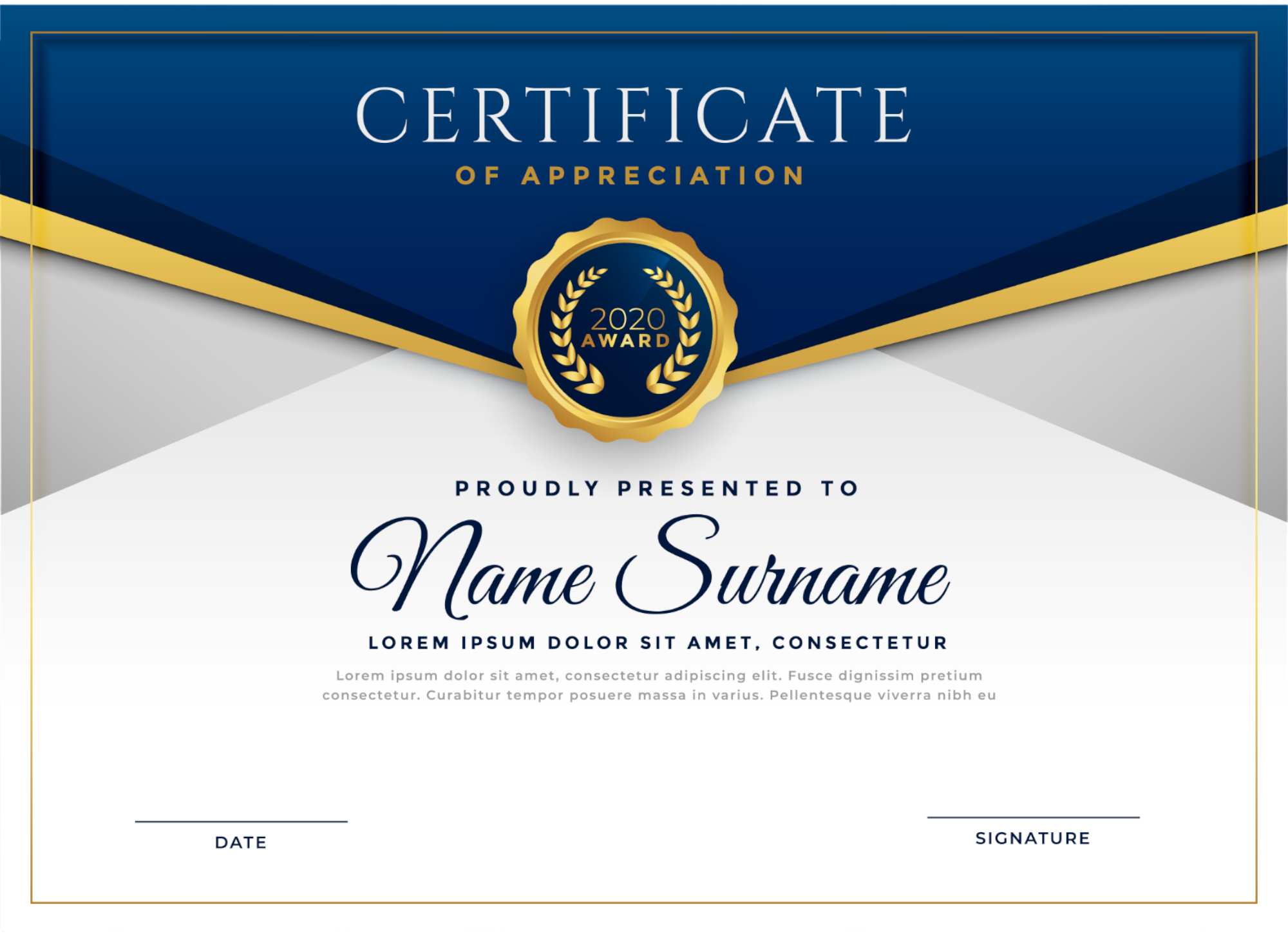
Why Choose Docker & Kubernetes from DevOps Institute Thane

Top-Ranked DevOps Training

Expert Faculty

Cutting-Edge Curriculum

Global Recognition

Participant Profile
Experience

From Top Organizations
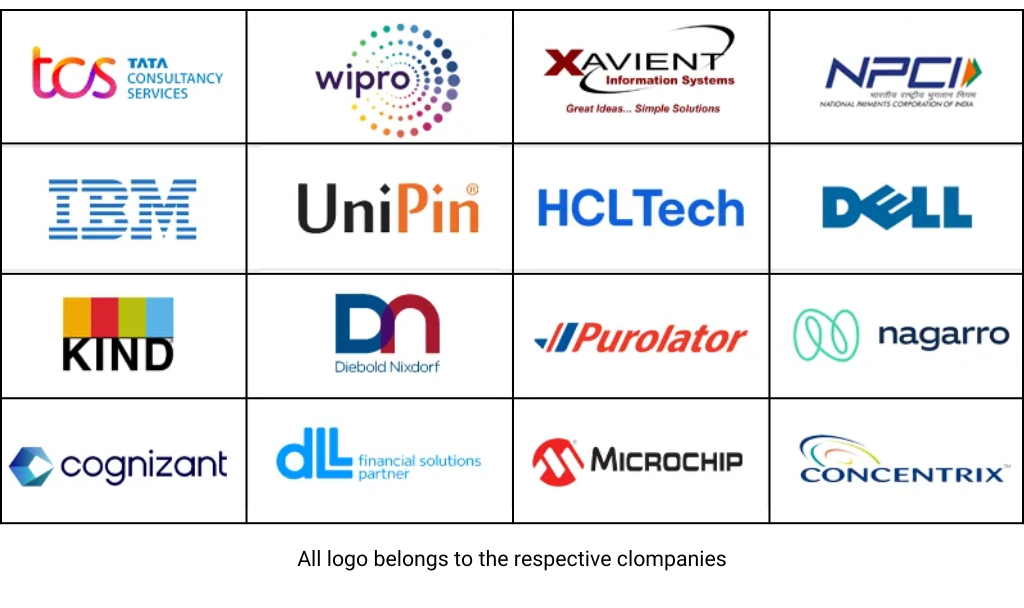
About DevOps

18
Years of
Excellence
99%
Course Completion
Rate
90
Net Promoter
Score
22+
Awards &
Accolades
DevOps Institute Thane is a premier EdTech company specializing in comprehensive DevOps training programs for both early career and experienced professionals. Our courses are designed in collaboration with industry leaders to meet the ever-evolving demands of the tech world. Through our state-of-the-art learning platform, we offer a blend of onsite and online learning experiences, ensuring flexibility and convenience for our students. Our mission is to create a skilled workforce equipped with cutting-edge DevOps knowledge and practices, ready to excel in the modern industry landscape.
Find Out Why Participants Want to Join This Program

"The program not only taught me technical skills but also provided numerous opportunities to network with industry professionals and peers, which has been beneficial for my career growth."
Vikram P.

"From the basics to advanced concepts, every topic was covered in detail. The practical approach to learning helped me understand and apply concepts effectively in real-world scenarios."
Priya D.

"The faculty and support staff were incredibly supportive throughout the course. The collaborative spaces and modern facilities made learning enjoyable and effective."
Rahul M.

"The curriculum is perfectly aligned with what the industry needs. I felt prepared and confident during job interviews and landed my dream job within months of graduation."
Neha S.

The DevOps program at DevOps Institute Thane has completely transformed my career. The hands-on projects and industry insights were invaluable."
Amit K.
FAQs
We have multiple instructors that are highly qualified in areas such as Microsoft, DevOps, AWS, and Google. They have expertise in new technologies like Kubernetes, Multi-Cloud, and DevOps. All are subject matter experts and are trained to provide online training, ensuring participants receive a great learning experience.
Basic knowledge of software development and Linux is beneficial, but not mandatory as the course covers fundamentals to advanced topics.
All you need is good internet connection ( we recommend 0.5 MB or 512 KB ) with (headset preferably) and leave the rest on us.
Familiarity with Linux/Unix commands, basic scripting and an understanding of software development processes are recommended.
Extremely applicable, as many organizations are moving towards microservices architecture requiring Docker and Kubernetes expertise.





